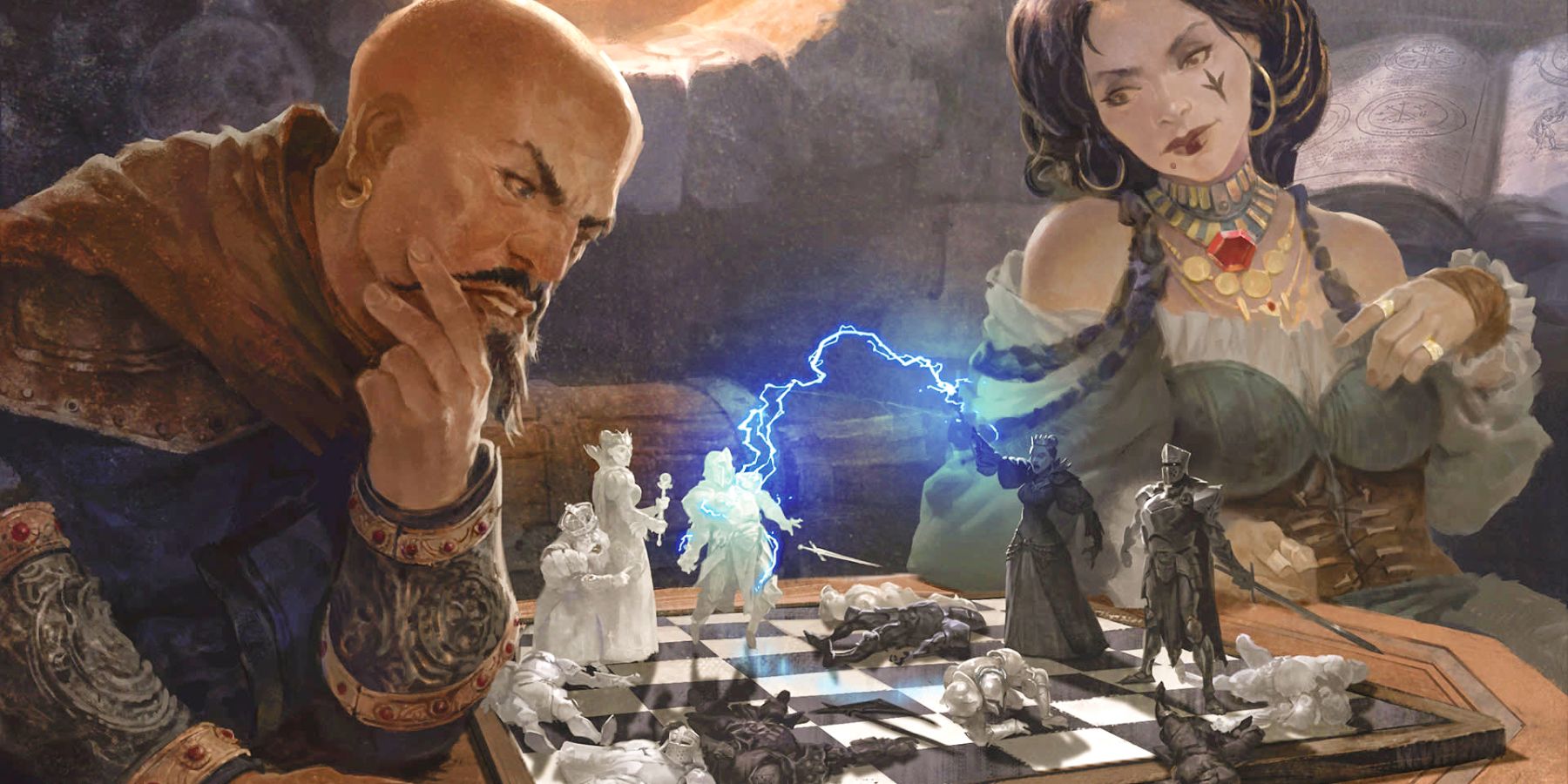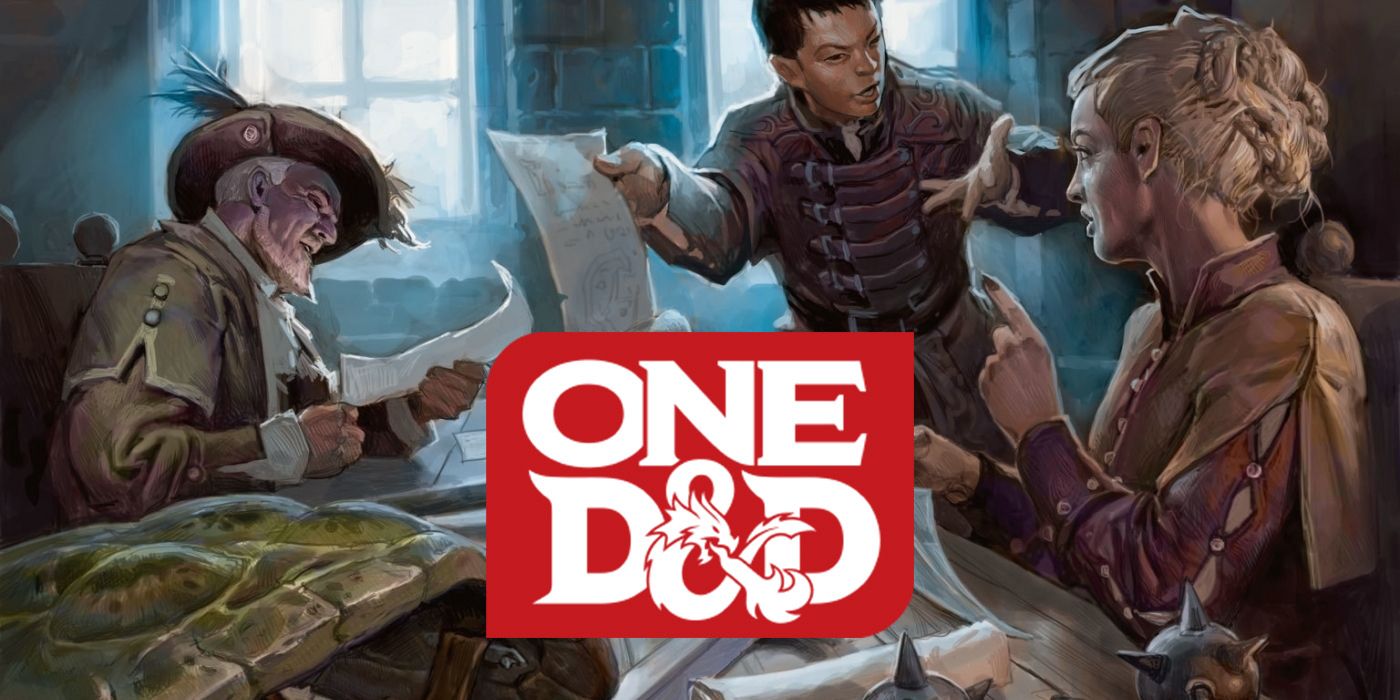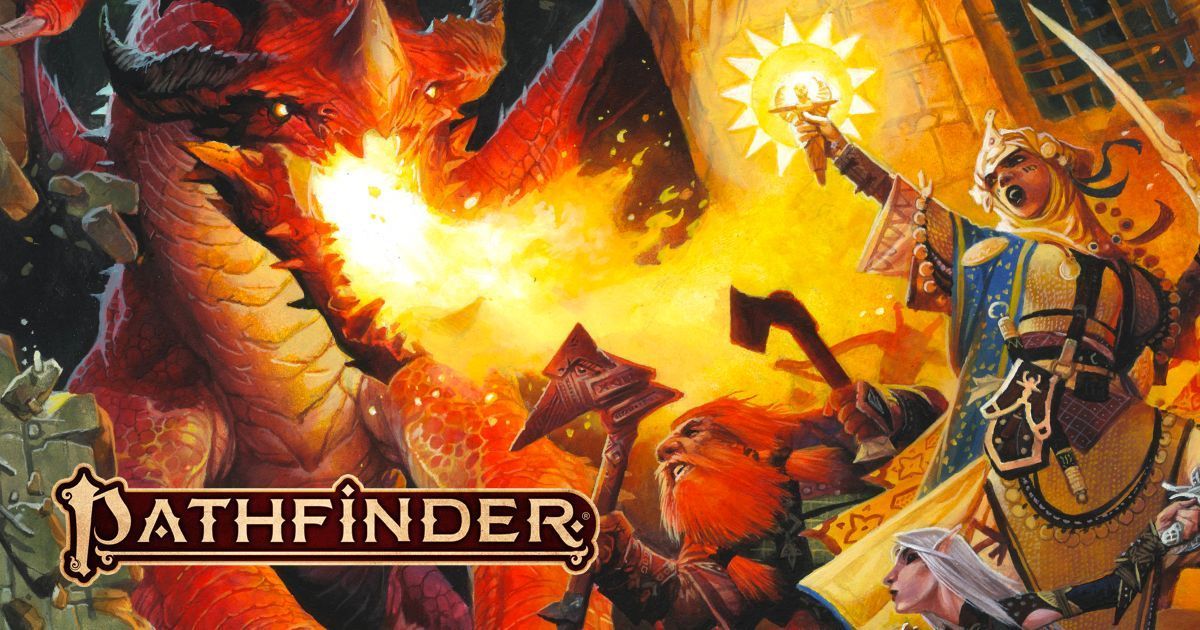At the height of the controversy over Wizards of the Coast's planned changes to the Dungeons & Dragons Open Gaming License, the game studio Paizo, publishers of the DnD-inspired tabletop RPG Pathfinder, announced their plans to create a new Open RPG Creative License that would retain the third party developer-friendly features Wizards of the Coast planned to drop. After a massive fan backlash, Wizards of the Coast publicly recommitted itself to the terms of the original DnD gaming license; even so, Paizo and other TTRPG developers are still committed to their Open RPG Creative License - similar to the DnD OGL, but also subtly different.
The original Open Gaming License, first released for Dungeons & Dragons third edition at the turn of the century, was an attempt by Wizards of the Coast to promote its major Dungeons & Dragons franchise (acquired from the defunct TSR company founded by Gary Gygax) and make DnD more accessible. Relaxing normal copyright restrictions, the DnD OGL gave developers permission to freely adapt DnD's basic rules for their own games and design original campaign modules/fantasy settings compatible with official DnD products. This original OGL led Paizo to publish the first edition of Pathfinder and ironically laid the groundwork for the current clash of RPG licenses.
D&D's OGL Is Returning To Its Roots & Embracing Creative Commons
The current DnD Open Gaming License doesn't give third-party developers absolute freedom to re-use Dungeons & Dragons content as they please. Rather, the original DnD OGL gave designers of tabletop RPGs the freedom to adopt, adapt, create, and publish homebrew for DnD rules outlined under a System Reference Document. The DnD 3e and DnD 5e SRDs essentially contain all the game mechanics needed to play in a campaign of DnD - rules on character creation, dice-rolling, combat, character classes, races, basic items, and spells. However, certain copyrighted materials, including campaign settings like the Forgotten Realms, iconic NPCs like Drizzt Do'urden, and the DnD logo itself, were still off limits for third-party developers.
In early January of this year, a Wizards of the Coast document was leaked to the public, specifically, a draft of a DnD OGL 1.1 meant to replace the first Opening Gaming License. The language of these new DnD OGL 1.1 rules expressed an intent by Wizards of the Coast to tighten its control over DnD content as a whole. Alongside sentiments of curtailing bigoted third-party RPGs and shutting down attempts to create DnD NFTs, this OGL also talked about stopping major competitors from profiting off DnD, forbidding developers from making apps, videos, or video games using the DnD SRD, and requiring royalty payments from third-party creators who make more than $750,000.
The backlash towards this proposed new OGL was severe - both from longtime DnD fans and RPG developers who already thought the Dungeons & Dragons brand was suppressing competing RPG products. After a few tonally dissonant responses, Wizards of the Coast conceded to the outcry, reverted to the original Open Gaming License, and even published the DnD OGL 1.0 SRD under Creative Commons license (CC Attribution 4.0 International License, to be precise). This specific Creative Commons license is irrevocable and gives people the freedom to share and adapt the rules of the SRD as they please, provided they clearly attribute it to the original publishers.
Pathfinder's New ORC License Will Encompass Multiple Game Systems
The new Open RPG Creative License, proposed by the publishers of the Pathfinder and Starfinder tabletop RPGs, Paizo, hasn't yet taken shape. According to Paizo, the draft will be released for feedback sometime in February of this year. Still, even without a tangible document to peruse, it's still possible to glean a rough idea of how this Open RPG Creative License (ORC for short) would differ from the DnD OGL used to build Pathfinder in the first place, and what sort of creative rights it would protect. What's telling is that Paizo and other tabletop RPG publishers are still moving ahead with the ORC license, even after Wizards of the Coast walked back its plans to change the Dungeons & Dragons Open Gaming License.
The biggest difference between the current DnD OGL and the proposed ORC from Paizo et al. is that the latter isn't centered around a single RPG system or publisher. After Paizo announced its Open RPG Creative License, several other tabletop RPG publishers signed onto this new gaming license - including, but not limited to Chaosium (makers of the spooky horror tabletop RPG Call of Cthulhu), Green Ronin Publishing (makers of the Fantasy AGE system), and Kobold Press (makers of DnD 5e compatible game modules). Since this Open RPG Creative License won't be controlled by a single company, RPG players won't have to worry as much about it being changed or nullified.
Azora Law, the law firm crafting the new Open RPG Creative License for Pathfinder, employs some of the same professionals who crafted the original DnD OGL, according to Paizo President Jim Butler in an interview with Gizmodo. During this interview, Butler emphasized Paizo and Azora Law's wishes to create a permanent, irrevocable gaming license with clear language that can't be twisted by game developers who want to monetize every inch of their tabletop RPG brand, making them worse like DnD is about to get from a consumer standpoint. Additionally, this interview revealed how the new license would also include clauses to protect the fair use rights of creators who make video games, apps, virtual tabletops, and other non-tabletop products.
When the new Open RPG Creative License for Pathfinder and other non-DnD RPGs is fully released, the tabletop gaming industry might change in drastic ways. The Paizo-helmed ORC might just break Dungeons & Dragon's global dominance of the tabletop RPG market, letting other role-playing games compete with DnD on a more equal footing. Alternately, long-time DnD fans might continue to stick with their favorite game, but grow more curious about new tabletop games and play these DnD-alternative fantasy RPGs in one-shot sessions. The legacy of Dungeons & Dragons, the world's first ever tabletop roleplaying game, is hard to shake off, after all.
With luck, the anticipated clash between the DnD OGL and the Pathfinder ORC will inspire RPG designers (tabletop and video game alike) to be more creative, bold, and experimental with their roleplaying game products. In this potential new RPG renaissance, more gaming-publishing companies would seek to earn profit and acclaim by publishing daring, high-quality content rather than jealously guarding their trademarks and monetizing every bit of content gamers could purchase. This sort of transformed tabletop gaming community would more than live up to the expectation of DnD fans who wanted OGL 1.2 changed and the original ideals of the folks who created the first Dungeons & Dragons OGL.
Sources: Gizmodo, Paizo/YouTube



